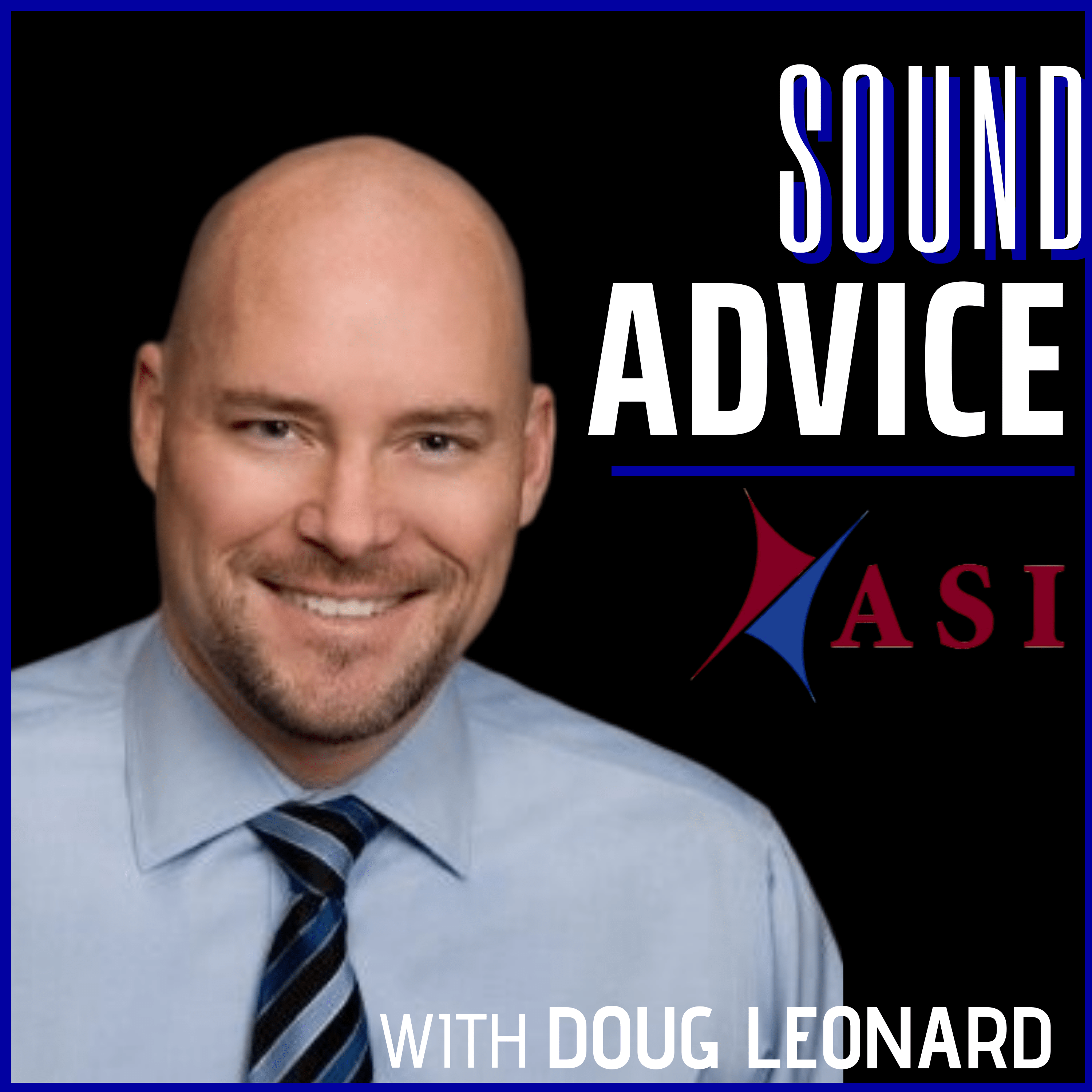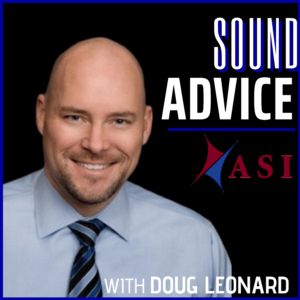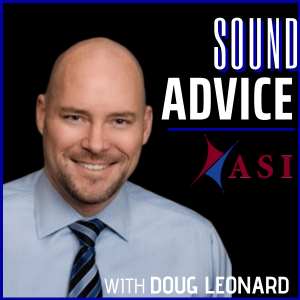Insurance is a critical part of owning hearing aids, as these devices are significant investments. Doug introduces listeners to the warranties typically available from manufacturers that cover loss and damage. Furthermore, he highlights the importance of consulting with homeowner's insurance providers and specialized companies like ESCO. Listeners will leave with a well-rounded understanding of how to safeguard their hearing aids against unexpected loss and damage.
Last week on Sound Advice, we talked a lot about folks that have lost their hearing aids in the past and what they can do about that with Find My Hearing Aid, kind of a Bluetooth phone app, I guess you would call it, Doug, that people can locate their hearing aid. Well, how about we reduce the occurrence of loss? I mean, prevention is the best medicine, right?
Yeah, that's a great way to put it. And, you know, there are definitely some strategies that we can do to help patients with that. First and foremost, really, it comes down to spending time with patients, not just giving them a box with their hearing aid, sending them out the door. You know, it's sitting down with them and making sure they understand the different parts of the hearing aid. what's important for proper insertion you know getting them in the correct way um you know and having the patient do that right in front of me you know i never let people walk out the door without having them take the hearing aids out and put them back in and that can be a frustrating process you know if you've ever tried to teach somebody how to do a skill you know everybody moves differently you know you try to teach my uh kids how to swing a golf club you know well they're not going to move the exact same way I am. They're not going to perceive how they're changing their hands and twisting and all that. It's the same thing with putting hearing aids in. I can show them how I do it, but that's not necessarily what they're going to do. So spending time with patients is critical to make sure. And sometimes with that process, if they have a loved one there, a significant other, spouse or family member there, We can show them and make sure that the patient is putting them in properly. The spouse or significant other can look at that and make sure they have them in their ears. And sometimes the patient even needs help putting them in, and we can train the caregiver to do that.
Yeah, you're all about the proper fit for them, and everybody's ears are different. You have real narrow canals that are a little bit trickier to get those in. So that could probably up the chances of losing it.
Absolutely. You know, our ears are not all shaped the same. And so sometimes, you know, a lot of folks anymore wear those behind the ear hearing aids, little tiny piece over the ear with a wire that goes in. Those usually have a little generic silicone dome on the end of them. Sometimes we actually have to make a custom molded piece for them, you know, that can maybe lock into their ear under the little ridge of cartilage in their concha bowl. And that holds it in place better too. So certain styles of hearing aids work better for other people.
So they lose a hearing aid. What can you do for them in that case?
Well, that's a good point. So most manufacturers have a warranty that covers loss or damage. All the manufacturers, all the hearing aids that we fit have a three-year loss and damage coverage. So if a patient loses them, they've exhausted all the means of figuring out where they're at, we can submit a claim form to the manufacturer and they will send us a a hearing aid to replace that lost one. There is a fee for that, of course, and it can vary depending on the manufacturer, but it's usually certainly a lot cheaper than buying a brand new hearing aid.
Yeah, learn how to not lose them in the first place or what happens, God forbid, if one does get lost because they're expensive items and you definitely want to take care of them and keep track of them. So, Doug, what's the number here at ASI, Audiological Services of Iowa, for anybody who wants to set up a screening, talk about maybe the occurrence of a loss or just being able to work better with their hearing aids. What's the number here?
Yeah, it's 792-5933. And one other quick thing I'd like to mention, John, is there's a company that does insurance for hearing aids. It's called ESCO, E-S-C-O. Obviously, patients can also talk to their homeowner's insurance provider and see if they can get something set up through them.
Lots of ways you can get protected. Just talk to the great folks at ASI, Audiological Services of Iowa, to find out more.



